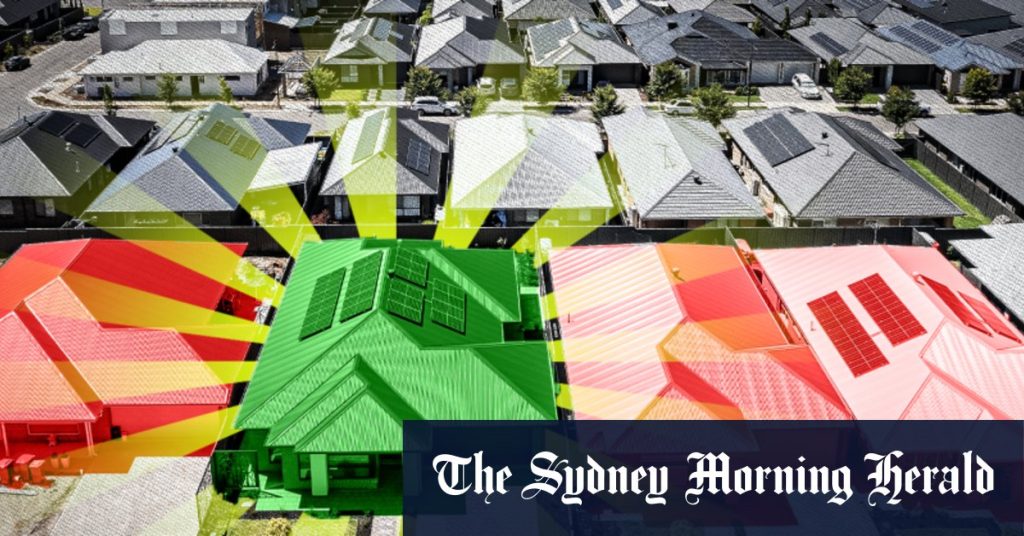CSIRO senior experimental scientist Michael Ambrose and his team are working on developing a cost-effective model to assess a home’s energy efficiency in preparation for mandatory reporting. The current cost for an energy audit is around $600, which Ambrose believes is not an ideal price point to encourage governments to mandate the requirement. They are experimenting with other methodologies, including tying energy audits in with other activities, such as property valuations, when a house is being prepared for sale. Quick fixes such as ceiling insulation, solar panels, roller shutters, and heavy curtains can save around two tonnes of emissions annually, equivalent to 11 plane trips between Sydney and Melbourne.
However, getting a house “climate ready” can be more costly and complex. Measures such as insulating wall and floor cavities in double-brick homes and installing double-glazed windows can help improve energy efficiency. Ambrose believes that the future of residential energy efficiency lies in fixed batteries at each home, with potential for electric vehicles to power properties. This concept involves integrating solar panels to charge cars, cars feeding into the grid, and also powering the home. While it is still early days, there is a lot of discussion on how to create a smart grid for interconnectivity.
Trent Fleskens, managing director of the Strategic Property Group, emphasizes that more information leads to more visibility, better decision-making, and increased transparency for buyers. Similar to purchasing appliances or cars based on their safety and efficiency ratings, buyers should also have clarity on the energy performance of homes they are purchasing. Fleskens believes that this transparency could incentivize developers and home builders to improve the energy efficiency of homes to meet market expectations. Research conducted for Energy Consumers Australia and Renew in 2022 revealed that 66 percent of people support mandatory energy efficiency disclosure.
In the Australian Capital Territory (ACT), there has been a requirement for mandatory disclosure of the energy performance of all existing residential properties offered for sale since 1999. This initiative aims to provide buyers with essential information about the energy efficiency of properties they are interested in purchasing. The goal is to increase awareness about the environmental impact of homes and encourage energy-efficient practices in the housing market. As more people become aware of the benefits of energy efficiency, there is growing support for mandatory reporting and disclosure in the real estate sector.


